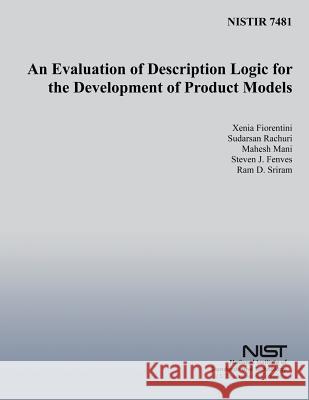An Evaluation of Description Logic for the Development of Product Models » książka
An Evaluation of Description Logic for the Development of Product Models
ISBN-13: 9781495925498 / Angielski / Miękka / 2008 / 34 str.
The languages and logical formalisms developed by information scientists and logicians concentrate on the theory of languages and logical theorem proving. These languages, when used by domain experts to represent their domain of discourse, most often have issues related to the level of expressiveness of the languages and need specific extensions. In this paper we analyze the levels of logical formalisms and expressivity requirements for the development of ontologies for manufacturing products. We first discuss why the representation of a product model that needs to be shared across globally networked enterprises is inherently complex and prone to inconsistencies. We then explore how these issues can be overcome through a structured knowledge representation model. We report our evaluation of OWL-DL (Ontology Web Language-Description Logic) in terms of expressivity and of the use of SWRL (Semantic Web Rule Language) for representing domain-specific rules. We present a case study of product assembly to document this evaluation and further show how the OWL-DL reasoner together with the rule engine can enable reasoning of the product ontology. We discuss how the proposed product ontology can be used within a manufacturing context.
Zawartość książki może nie spełniać oczekiwań – reklamacje nie obejmują treści, która mogła nie być redakcyjnie ani merytorycznie opracowana.











